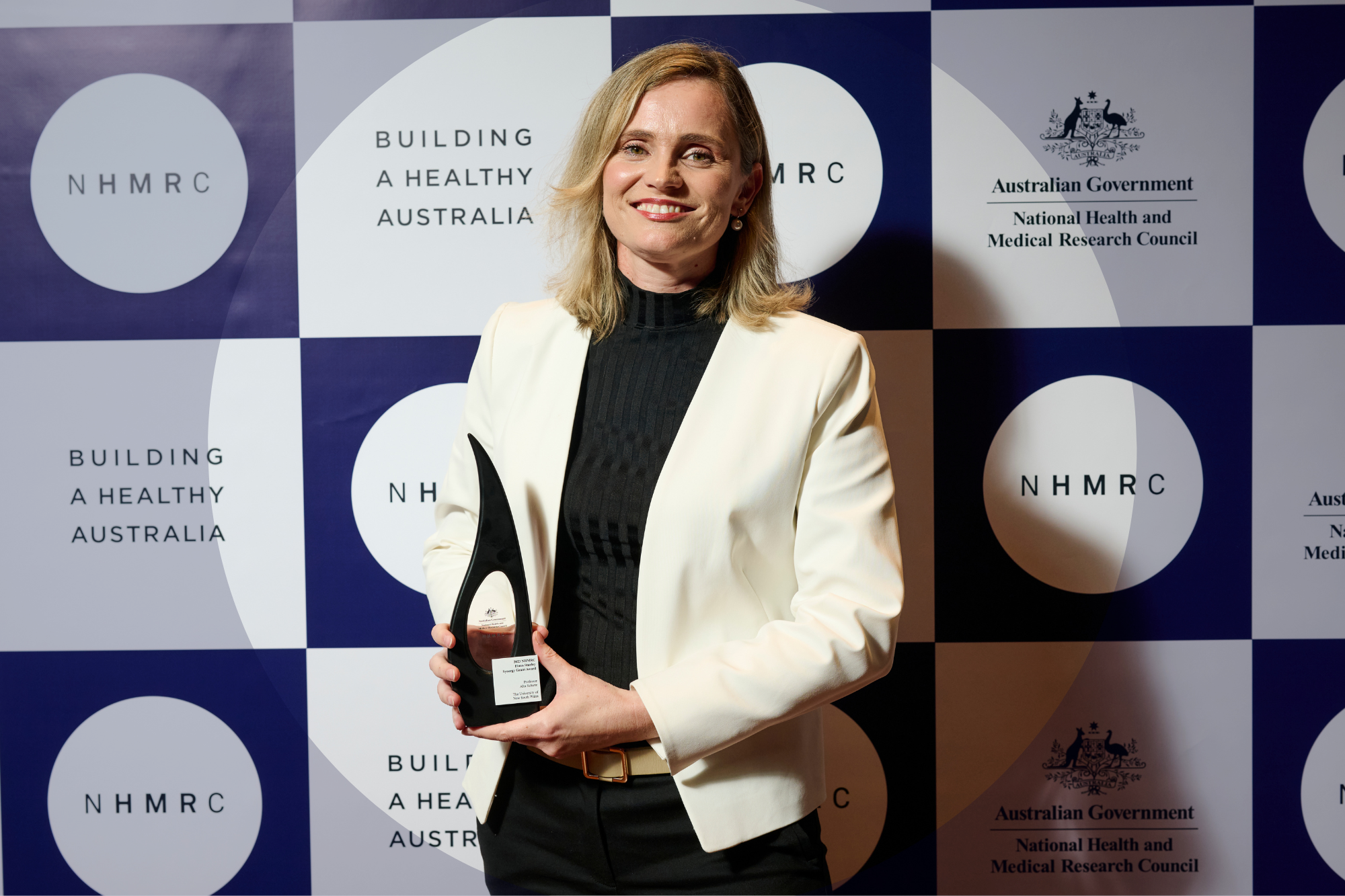Professor Alta Schutte, SHARP Professor and Principal Theme Lead of Cardiac, Vascular and Metabolic Medicine at the University of New South Wales and The George Institute for Global Health, focuses on implementing effective scalable interventions for global blood pressure control. Appointed Co-Chair of the National Hypertension Taskforce in 2022, she was recognised in 2023 as the Leading Researcher in Vascular Medicine by The Australian. Notably, she received the 2022 Harriet Dustan Award from the American Heart Association and the 2023 Peter Sleight Excellence award from the World Hypertension League. Her impactful work extends to improving cardiovascular health in Australia and beyond.
When we are young, it is normal to dream about all the good things life might offer envisioning a long and healthy life ahead. But as we get older, unexpected challenges often come our way, completely changing the direction of our lives. These challenges remind us of how vulnerable we really are.
Growing up in a family with familial hypercholesterolemia – a condition causing very high cholesterol due to a genetic mutation – I was confronted with heart disease very early on.
My father only knew his father for two years, and at six I also had to say my farewells to my 38-year-old father at his hospital bed. Fortunately, medicine pulled him through in the early eighties (before the availability of medicines like statins).
Today we have a range of effective, affordable, and widely available medicines with strong evidence that it prevents heart disease and stroke by lowering high cholesterol and high blood pressure. Today raised blood pressure is the leading risk factor for preventable death in the world, and also in Australia.
I am therefore extremely disappointed that in Australia, a country with one of the best health systems in the world, only 32% of adults with high blood pressure are being treated appropriately.
I have spent decades on understanding the underpinnings of high blood pressure. The contributions of age, sex, socio-economic status, diet, salt, and related physiological mechanisms are certainly important. But in recent years I have shifted my focus more towards health system solutions to prevent, detect and treat high blood pressure much more effectively.
New questions are keeping me awake at night: Why are our cheap and effective medications not working? Are there better ways to measure and detect high blood pressure? Where are the cracks in the system where people with very high risk (high blood pressure) remain undetected and unexpectedly suffers from a stroke? Why do doctors not prescribe or intensify medicines when a patient’s blood pressure remains high? How are the cost of healthcare (visiting the doctor, collecting medications, out-of-pocket payments) contributing to these problems?
I also wonder how we can get people to take ownership of their health. It seems quite human to rather bury our head in the sand – better not to know than to worry about a condition that could be life threatening. This is the same for conditions such as cancer and high blood pressure. I wonder how we can encourage people from young ages onwards, to be open to screening and to act when something is wrong?
It is hugely more effective to detect high blood pressure early in life (for many people this could be in their thirties or forties already) and to start acting by changing lifestyle or starting medications without losing quality of life – than to be struck by a sudden unfortunate event such as a heart attack or stroke.
By working more with behavioural scientists, this has opened my understanding to these challenges. Overall, I am very fortunate to have been collaborating with hundreds of experts from different disciplines and across the world for the past decades. They help me to work towards answering and addressing these difficult questions.
I hope that early- and mid-career researchers understand the importance of networking in a very open and inclusive fashion from day one. If I must mention one thing that has made all the difference for me, this would be it. We cannot solve big problems in isolation and need various and sometimes mind-blowing perspectives to send us in novel directions.
Keep in touch with them, and keep knocking on that door, and it will open.

